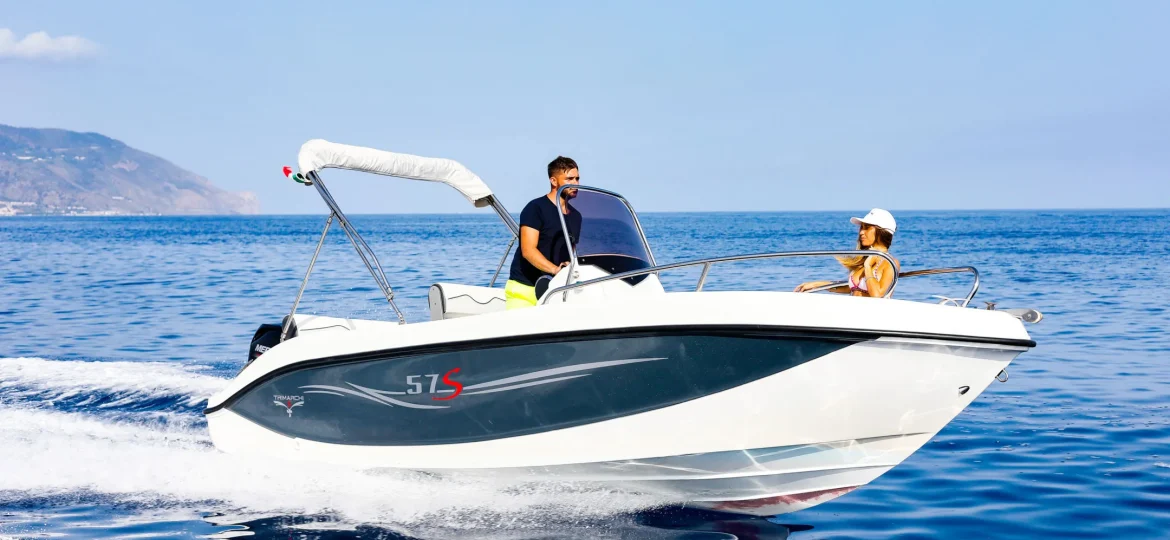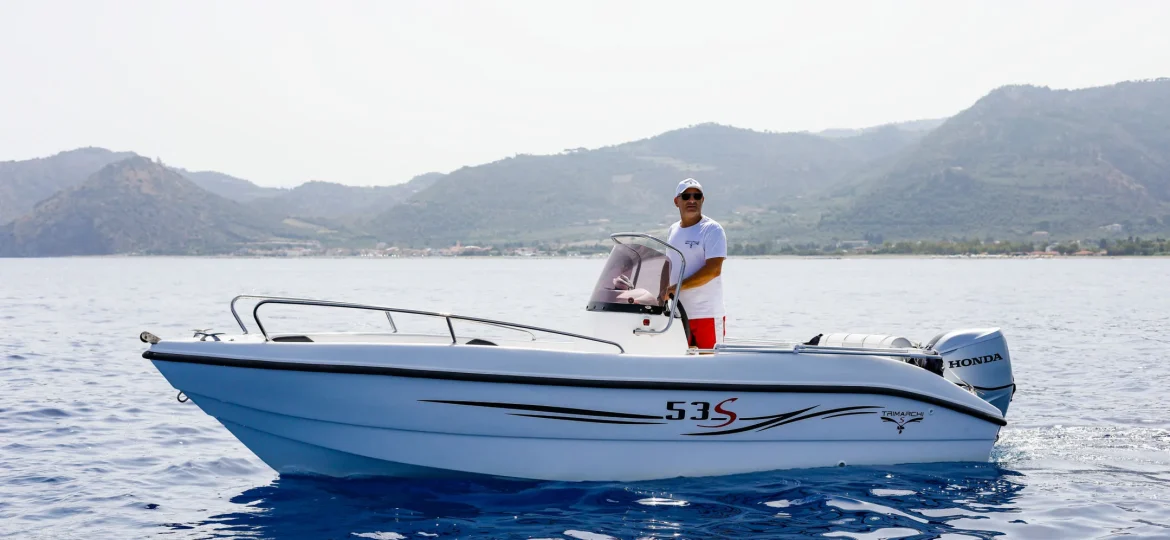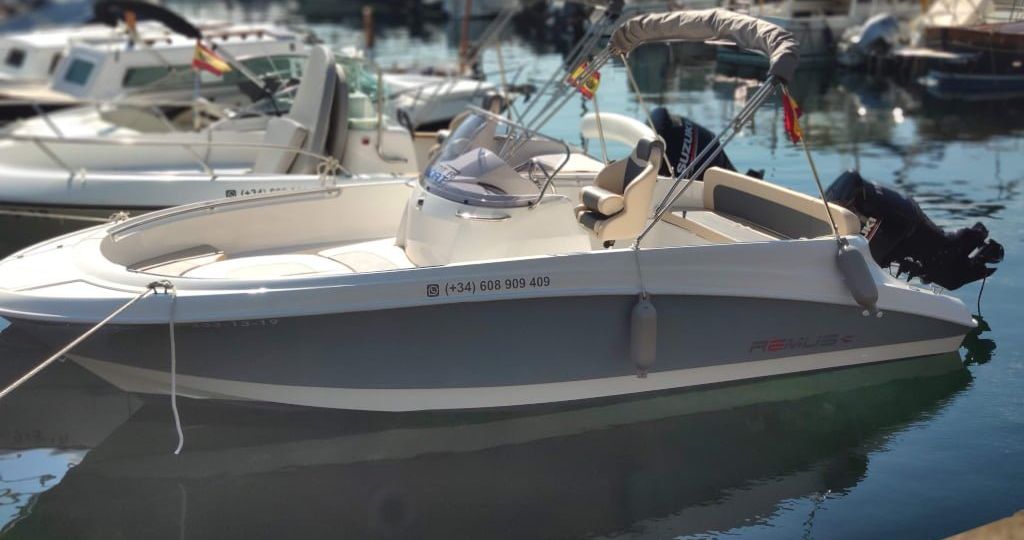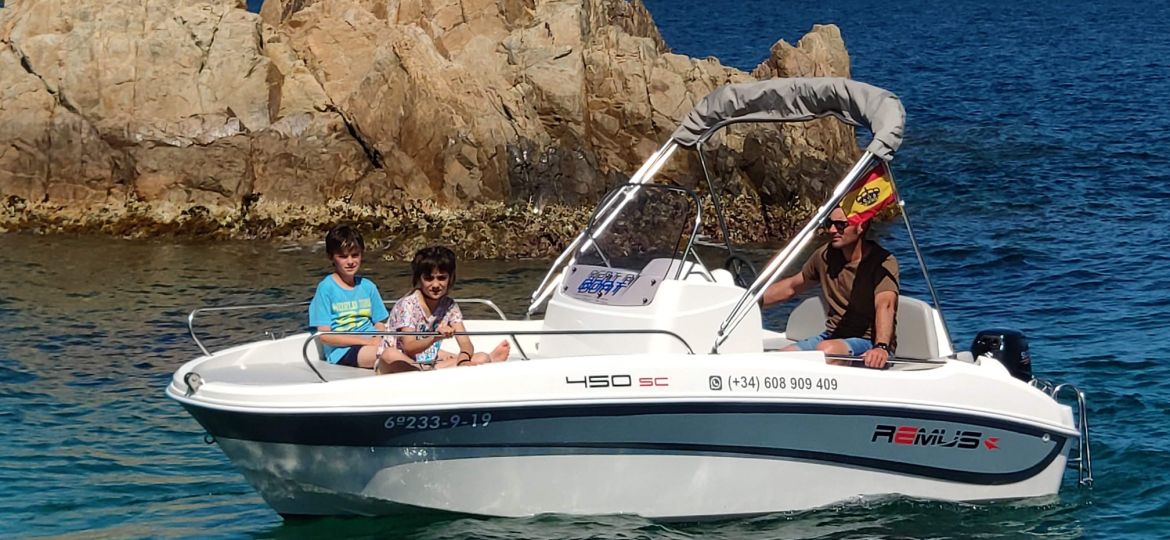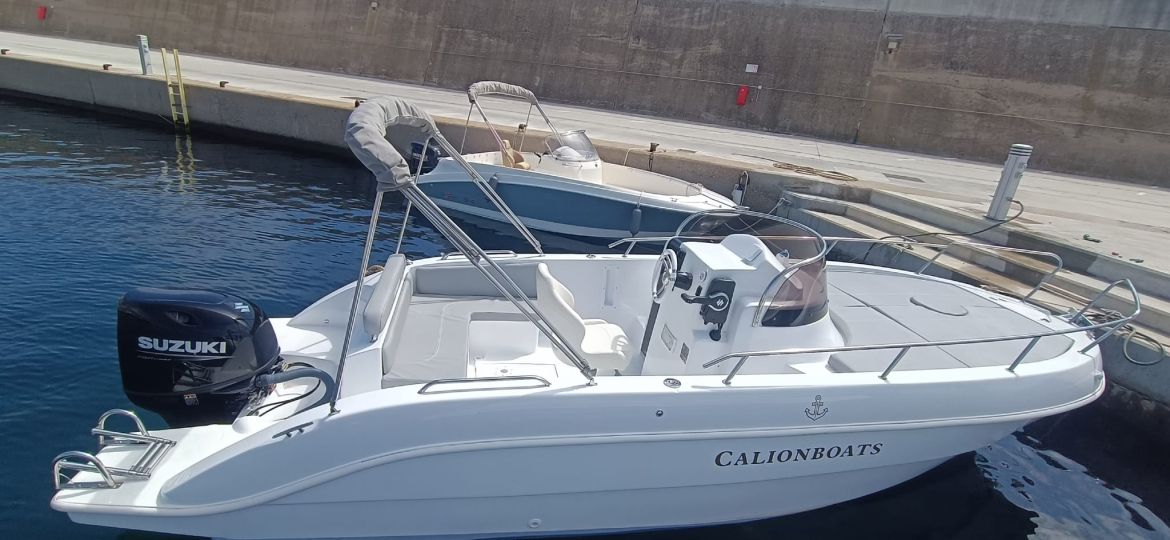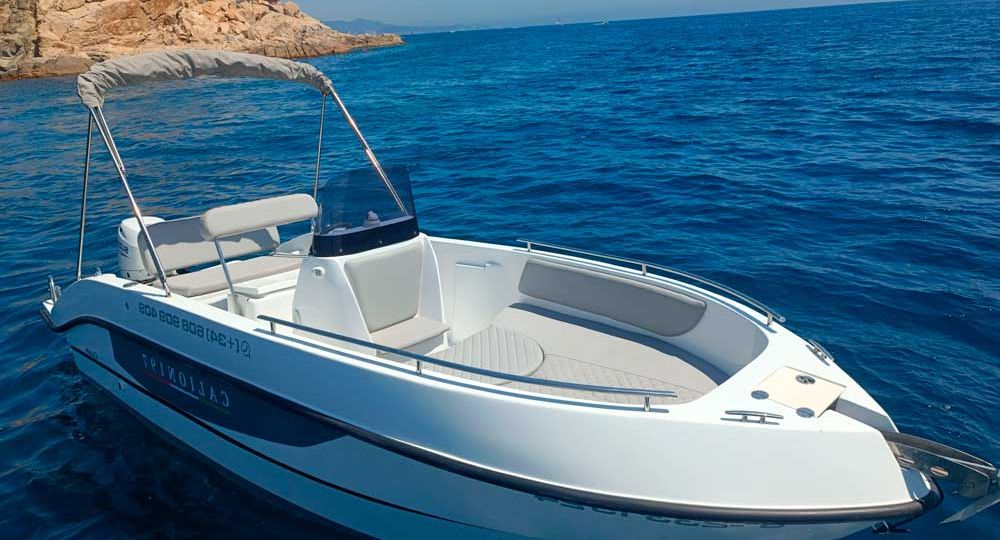In the vast and dynamic world of maritime navigation, sailing qualifications determine who can pilot different types of vessels. While some vessels require a specific licence and rigorous training, others can be operated without a formal licence. This distinction not only affects the safety and efficiency of maritime operations, but also has significant implications for the industry and for recreational boaters. In this article, we explore the different boating qualifications, both licensed and unlicensed, and the benefits and limitations of each option.
Licensed Skipper Titles
Basic Navigation Skipper (PNB)
The Basic Navigation Skipper (PNB) qualification is the entry level qualification for those who wish to sail recreationally. This qualification allows you to steer boats up to 8 metres in length in inland and coastal waters up to a distance of 5 nautical miles from the nearest port or marina. In addition, it enables day and night navigation. To obtain the PNB, it is necessary to pass a theoretical exam and to carry out safety and navigation practices.
Requirements:
- Be over 18 years of age, or 16 with parental permission.
- Pass a theory test.
- Complete safety and navigation training (minimum 8 hours).
- Complete safety and navigation training (minimum 8 hours).
Recreational Craft Pattern (PER)
The PER is one of the most popular qualifications in Spain and allows you to operate boats up to 15 metres in length, up to a maximum distance of 12 nautical miles from the coast, take a look at all the boats we offer at Rent a Boat Costa Brava. The PER is suitable for those who wish to undertake longer and more challenging crossings.
Requirements:
- Be over 18 years old.
- Pass a theory exam.
- Complete safety and navigation training (minimum 16 hours).
- Complete radio communications training (minimum 12 hours).
Yacht Skipper and Yacht Captain
For those looking to take their passion for sailing to a professional level, the Yacht Master and Yacht Captain qualifications are the advanced options. The Yacht Skipper qualification allows you to steer vessels up to 24 metres in length with no distance restrictions, while the Yacht Captain qualifies you for vessels of any length and with no distance restrictions.
Requirements:
- For Yacht Skipper: Be over 18 years of age, hold the PER certificate, pass a theoretical exam and complete safety and navigation training (minimum 48 hours).
- For Yacht Captain: Be over 18 years old, hold the Yacht Skipper certificate, pass a theory exam and complete a safety and navigation training course (minimum 48 hours).
Unlicensed Skipper Titles
In some countries and under certain conditions, it is possible to sail without a formal licence. These options are generally limited to small boats and low-powered engines.
Boats up to 5 metres and 15 hp
In many jurisdictions, boats less than 5 metres in length do not require a licence to be operated, as long as they are not equipped with high-powered engines up to 15 horsepower (hp). Take a chance with the wide range of Rent a Boat Costa Brava. This option is ideal for those who wish to enjoy sailing in a casual way, without the need to undergo exams and formal training. However, it is important to bear in mind that safety is still a priority, and it is recommended that you acquire basic knowledge of sailing and maritime safety.
Boats for hire without skipper
Another popular option is to rent boats that do not require a skipper. In some tourist areas, it is common to find rental companies offering small, easy-to-handle boats designed to be operated by people with no previous experience. These boats are usually equipped with low-powered engines and are ideal for short, safe trips. Visit Rent a Boat Costa Brava and don’t miss out on this amazing adventure.
Benefits and Limitations
Licensed
Benefits:
- Increased safety and knowledge.
- Possibility of sailing larger and more powerful vessels.
- Access to a larger sailing area.
Limitations:
- Requires time and effort to obtain the licence.
- Costs associated with courses and exams.
Unlicensed
Benefits:
- Quick and easy access to navigation.
- Lower upfront costs.
- Ideal for beginners and casual boaters.
Limitations:
- Restrictions on boat size and power.
- Limited sailing areas.
- Less knowledge and preparedness in emergency situations.
Conclusion
The choice between obtaining a licensed or unlicensed boatmaster qualification depends on a number of factors, including sailing goals, level of commitment and willingness to invest in training. While licensed qualifications offer greater freedom and safety, sailing without a licence may be a suitable option for those seeking a more casual and accessible experience. Regardless of the choice, the most important thing is to respect the regulations and always prioritise safety at sea.

